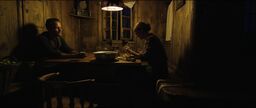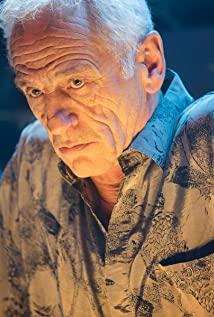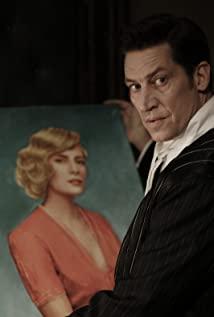When civilization progresses more and more, there will be no paradise in this world.
The hero and heroine in the story lead a dull and contented life in a small picturesque village.
However, all this will eventually be broken by the war.
The male protagonist is forced to do military service, and the wife is alone at home.
This kind of thing is quite normal.
The story takes place after the male protagonist has completed his military service. There was a puzzlement in his heart. He asked the local priest about this question. The priest was speechless, but just reminded him that it was enough to keep such a question in his mind.
But the "stubborn" male protagonist is bent on finding the answer in his heart.
During the second conscription, the male protagonist finally "exploded" and clearly "rejected" the authorities.
How could the authorities let go of such "defying" behavior so easily?
First of all, of course, it is "mobilizing the masses to fight against the masses". The male protagonist's family has suffered from "weakness in the world" in the countryside. This is not the end, and the male protagonist will soon be imprisoned.
The weak wife runs around, however, all in vain.
However, foreigners are still very strange.
Such "heretics" should have been "secretly dealt with" by the authorities long ago. But the authorities still gave the male protagonist a "chance".
This so-called "confession letter", even the lawyer said, no one will take it seriously, but the male protagonist just doesn't sign it, is his head kicked by "Second Senior Brother" or what?
What else is there to say to such a stubborn "unaware of current affairs"...
There is almost no description of the war in the story. More intimately, it gave Hitler a "friendly" shot. Reflections on the war are always common people, and the delusional attempt to awaken the conscience of careerists through literary works and mass media is almost empty talk.
The director probably knows this too, so at the end of the story, a quote from George Elliott is used as an epilogue - the increasing goodness in the world depends in part on unheard-of behavior.
View more about A Hidden Life reviews










